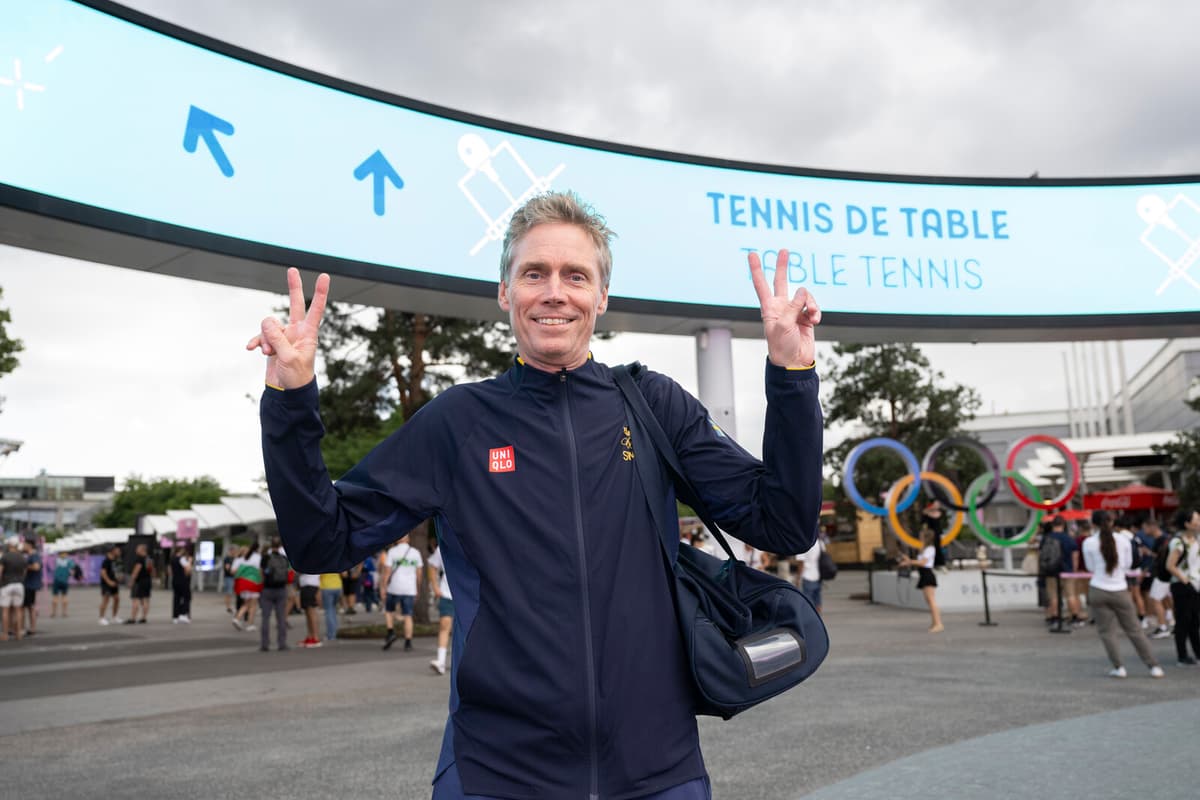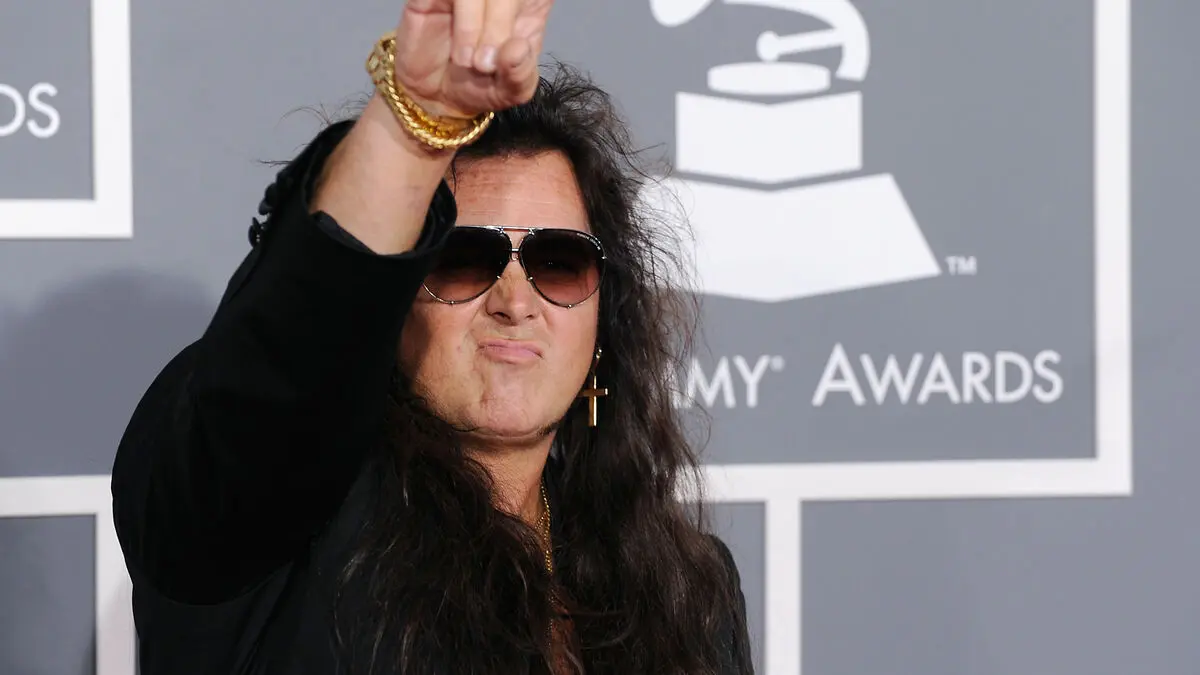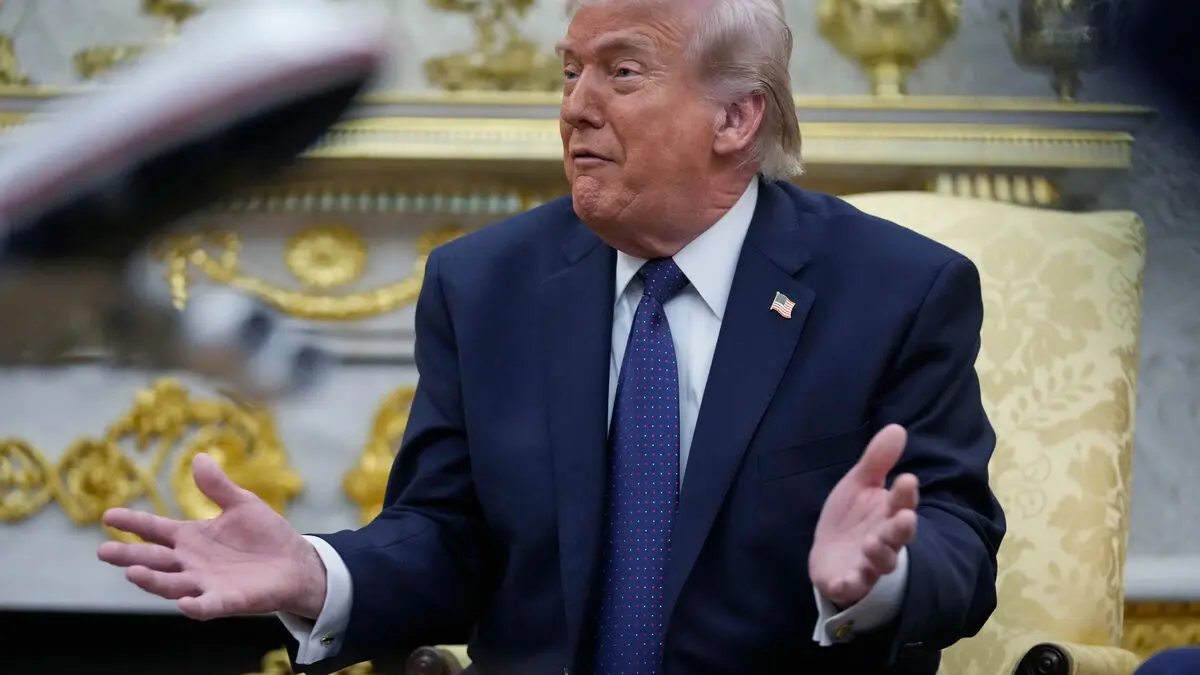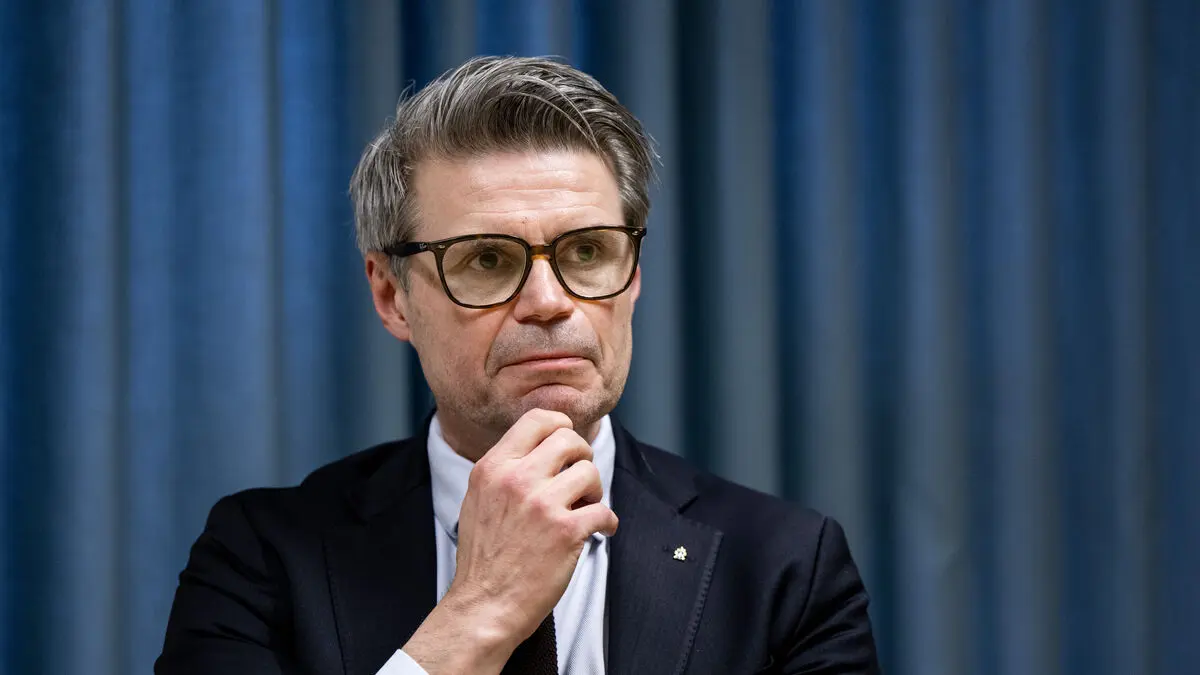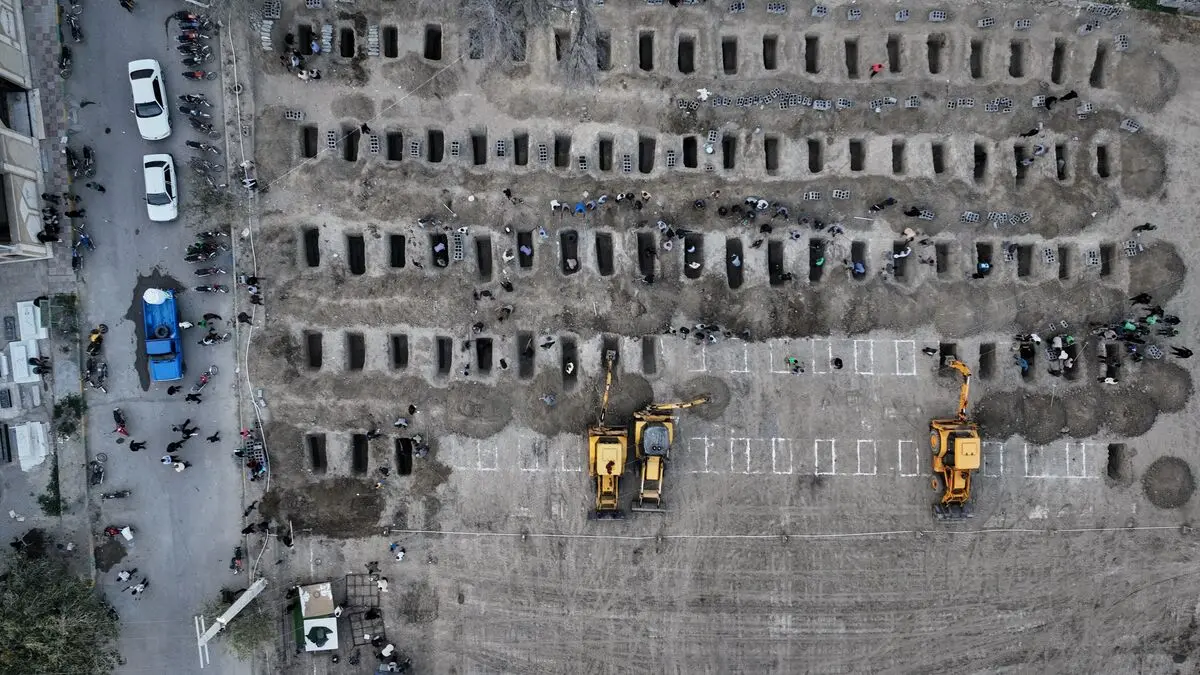Two weeks ago, Jörgen Persson – multiple World Championship gold medalist and recently Swedish national team captain – confirmed that he will take over Saudi Arabia's national team with the goal of reaching the Olympic Games in Los Angeles 2028.
Persson, along with golfer Henrik Stenson – who switched to the Saudi-backed LIV tour in 2022 – are the largest Swedish sports profiles being paid by the regime.
Being able to tie such well-known personalities to oneself is partly for influence and partly to impress one's population. It's two birds with one stone, says Anna Vidén, who is affiliated with the Middle East and North Africa program at the Foreign Policy Institute.
Table tennis is not a sport that the authoritarian state has invested heavily in before. Although one of the world tour's three Grand Smash tournaments was held in Jeddah last year, the country is not on the program this year.
"New Saudi Arabia"
Saudi Arabia has a young population, and events like sports are a way for the regime to appease the people.
Absolutely. It's a way to capture the young population and make them happy, since they don't have the political power to do anything. It's this space that exists for young people to be involved and build the new Saudi Arabia, says Anna Vidén.
But there is "no rhyme or reason" to Saudi Arabia pouring billions of kronor into sports just to wash its reputation as an authoritarian regime that violates human rights, Anna Vidén believes.
Wanting to appear in a different light becomes a secondary effect for Saudi Arabia, but this is primarily about diversifying the economy, says Anna Vidén.
"A huge feather in the cap"
The reform began in the spring of 2016 when Crown Prince Mohammed bin Salman – who de facto rules the country – presented Vision 2030. The way forward to make the country's economy less dependent on oil.
Previously and until today, it has been a state with large oil revenues, and because of that, they have gained power geopolitically in the world, says Anna Vidén.
Everything should actually be understood from Saudi Arabia's desire to become a superpower in all areas, including sports, she continues.
When negotiations have taken place about a ceasefire in Ukraine in the Saudi port city of Jeddah, it is, for example, a clear sign that Saudi Arabia is a diplomatic heavyweight.
It's a huge feather in the cap for Mohammed bin Salman, says Anna Vidén.
Mohammed bin Salman came to power in 2017 after two other crown princes were deposed. Although women have gained some individual rights, Saudi Arabia is described by many activists as a police state where human rights are violated.
The state is more repressive today than it has been before, says Anna Vidén.
The oil-rich and ultra-conservative Saudi Arabia, which makes up the larger part of the Arabian Peninsula, is an absolute monarchy ruled by the royal family (House of Saud).
Salman bin Abdul Aziz is the king and has all the power. But in practice, the country is ruled by the aging king's son, Crown Prince Mohammed bin Salman, who has also been the country's prime minister since a royal decree in 2022.
The royal house holds Saudi Arabia in an iron grip. The country has no political parties and no elected parliament. The government is based on the Koran and Islamic law, Sharia.
Human rights groups such as Amnesty International and Human Rights Watch regularly accuse Saudi Arabia of arbitrary arrests, torture, and capital punishment, which is also imposed on children. Executions are very common, and freedom of expression is severely curtailed. Criticism of the royal family, the government, Islam, and religious leaders is strictly punished.
Source: National Encyclopedia, Land Guide/UI.

